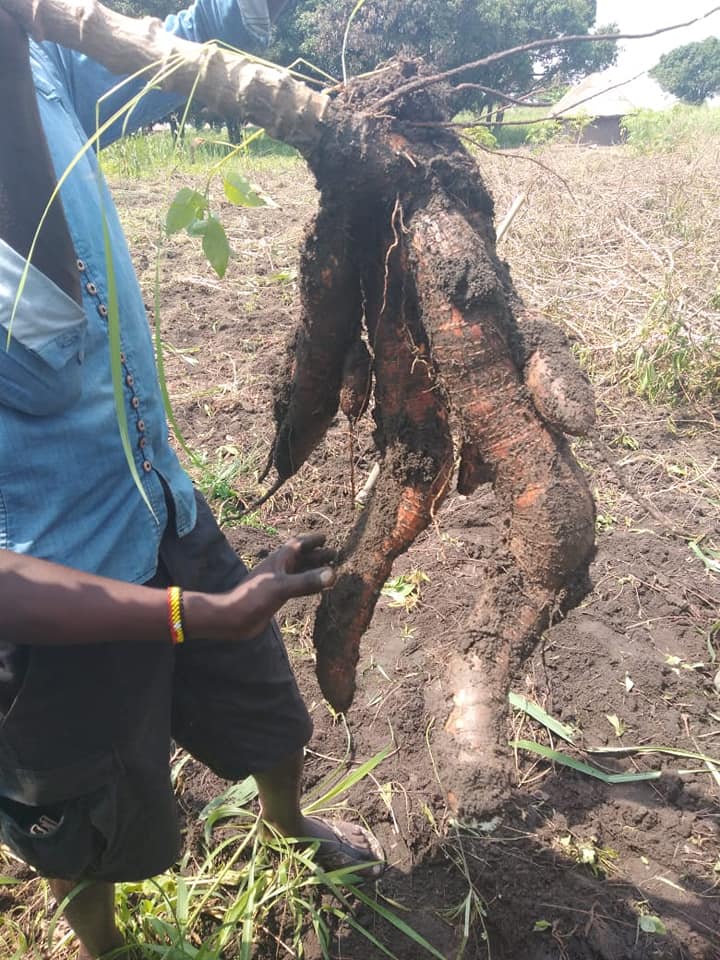
Coffee farmers in Baringo County could soon forget market challenges following the establishment of a 1.2 tonnes per hour coffee milling plant which is set to provide an edge in the quest to advance direct export of coffee to the Korean market.
The Sh100 million modern coffee milling plant at Katimok in Baringo North Sub-county will begin operations by March next year as revealed by Governor Stanley Kiptis during his Jamhuri Day celebration address at Mogotio Vocational Training Centre.
“We have also undertaken to revive cooperative movements as an avenue of marketing local coffee so as to get rid of middlemen who exploit farmers,” said Kiptis adding that the county government is putting emphasis on the improvement of quality and quantity of coffee, cotton and sisal for both local and international markets.
He asked coffee farmers in Baringo who had abandoned the bushes as a result of unfavorable market prices to grow the crop again saying that the county government has started supplying subsidized certified coffee seedlings and agro-chemicals as a measure of reviving the growing of the cash crop and increase production.
“This has been done through improving governance of the cooperative societies by electing credible individuals in order to gain farmers confidence and enable cooperatives to channel their coffee produce to one miller for quality controls,” said Kiptis.
RELATED NEWS: Kenyan coffee farmers could gain more income from the US
He said that his administration is keen to giving a new lease of life to agriculture and livestock development through continued improvement of production and quality as well as value addition with the aim of improving food security sustainable income for the residents.
On cotton growing, he said, the County Government has started the revival of the crop that farmers had abandoned in suitable areas like Kerio Valley, Mogotio, Baringo South and Tiaty.
RELATED NEWS: Government launches online system to enable coffee farmers monitor sales at Nairobi Coffee Exchange
He said that Agriculture and Food Authority was helping his government in distributing hybrid cotton seeds in potential growing areas.
“Leveraging on the revival of Rivatex in Eldoret, the cotton ginnery at Salawa has been revived under private ownership and is buying raw cotton from farmers before it is taken to Rivatex for processing,” Kiptis underscored.
RELATED NEWS: Coffee factory looking for farmers to supply the produce
He urged local cotton farmers to take advantage of the refurbishment of the State-run Rivatex textile factory which provides a ready market to produce cotton.
Write comment (0 Comments)
















